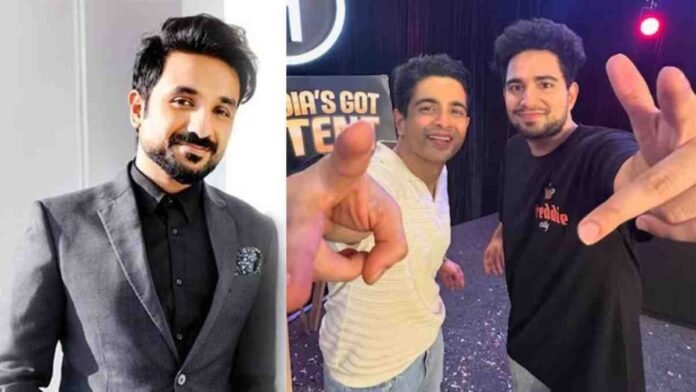The controversy surrounding India’s Got Latent has taken yet another turn, with comedian and actor Vir Das now adding his perspective to the ongoing debate. The show, which features host Samay Raina and guest judges Ranveer Allahbadia, Jaspreet Singh, Apoorva Makhija, and Ashish Chanchlani, has come under heavy scrutiny over a question posed by Allahbadia during a roast segment.
The uproar began when Ranveer Allahbadia, known as the BeerBiceps Guy, directed a shocking question at a female contestant. “Would you rather watch your parents have sex every day for the rest of your life or join in once and stop it forever?” The remark triggered widespread outrage, leading to multiple complaints from Members of Parliament. The controversy has now escalated to the point where a Parliamentary panel on information technology is reportedly considering summoning Allahbadia for questioning.
Vir Das, known for his sharp wit and often candid opinions, addressed the debate by highlighting the natural consequences of controversial comedy. “The audience is always welcome to debate what good comedy is,” he wrote. “A good artist will take their feedback head down, mouth shut, and maybe evolve. Either way, the consequences of your comedy on your career and audience are pretty instant. That’s a natural process.”
However, Das didn’t stop at discussing comedy alone. He took aim at traditional media, accusing them of exploiting the situation to attack digital content creators. According to him, mainstream media, struggling to stay relevant, is using this controversy as a tool to undermine newer platforms that attract a larger audience.
“We are also watching a bunch of irrelevant mainstream media anchors bordering extinction coming together to take down new media that gets millions more views, longer interviews, and far more impact than their bloated studios and fat salary at 1 percent of the cost. Whether you like the new media or not is irrelevant,” he remarked.
With the controversy showing no signs of slowing down, the debate continues to grow, now extending beyond the show’s content to a broader discussion on the power struggle between traditional and digital media.



